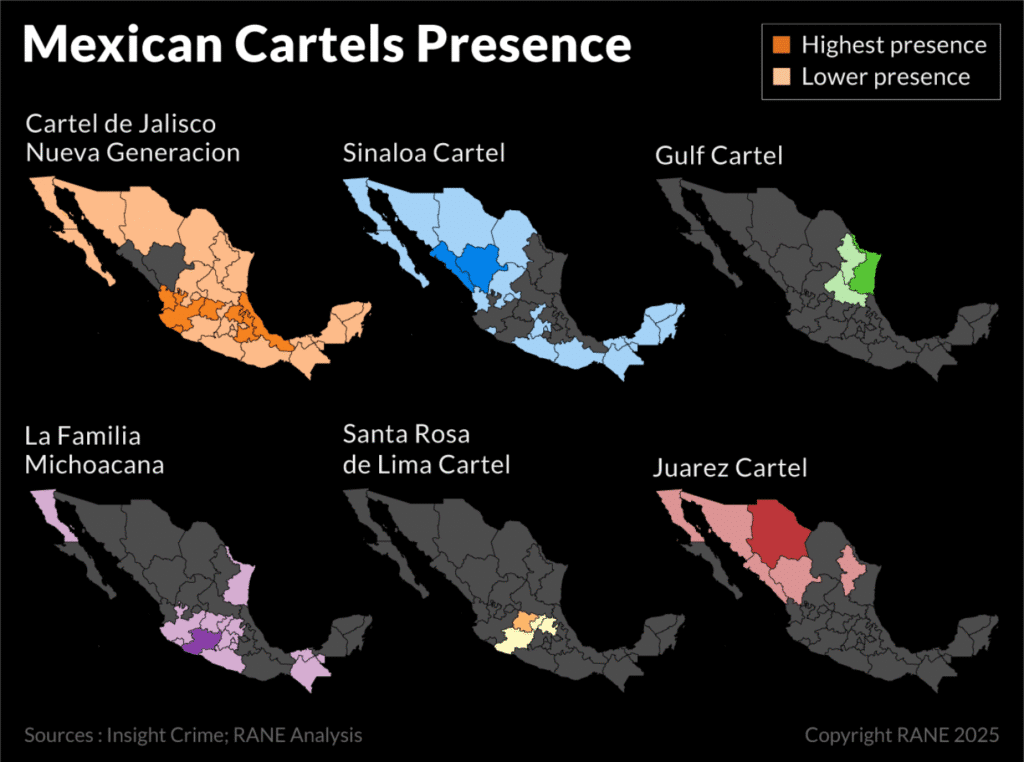Unpacking the Originalist Argument for Maximalist Personal Jurisdiction, Part IV: Picquet v. Swan
This is the fourth in a series of posts questioning the originalist argument for unlimited personal jurisdiction in the federal courts. The prior posts have argued that many of the sources cited by proponents of the theory, including early admiralty cases and twentieth-century cases about the extraterritorial reach of Congress’s prescriptive jurisdiction, do not bear…
Continue ReadingCalifornia Supreme Court Narrows Grounds for Non-Enforcement of Foreign Forum Selection Clauses
On July 21, 2025, the California Supreme Court issued its first opinion in many years addressing the enforceability of a forum selection clause. In EpicentRx v. Superior Court, it held that the fact that the court named in the clause did not allow for jury trials was not a valid basis for declining to enforce…
Continue ReadingFifth Circuit Holds that TPVA Does Not Abrogate Foreign Official Immunity
The Torture Victim Protection Act (TVPA) creates a civil cause of action for torture and extrajudicial killing done under color of foreign law. In Does 1-5 v. Obiano, the widows of five men killed by the Nigerian military during peaceful rallies for Biafran independence sued Willie Obiano, the former governor of the state where the…
Continue ReadingRecent Developments in Helms-Burton Litigation
It is a busy time in the Helms-Burton world. With a $29.8 million jury award in Florida, major developments in the law of personal jurisdiction, several notable court of appeals decisions, and two recent CVSGs, there is a lot going on. That stands to reason. It was 2019 when the first Trump administration lifted the…
Continue ReadingUnpacking the Originalist Argument for Maximalist Personal Jurisdiction, Part III: Admiralty Jurisdiction
This is the third in a series of posts questioning the originalist argument for maximalist personal jurisdiction. The crux of the originalist argument is that early federal decisions discussed limits on personal jurisdiction in terms of international law (not constitutional constraints) and that Congress could override international law. Thus, the theory goes, Congress as an…
Continue ReadingCourt Allows Claims of Forced Labor to Build World Cup Stadiums
On June 26, 2025, in F.C. v. Jacobs Solutions Inc., Magistrate Judge Cyrus Y. Chung (District of Colorado) partly granted and partly denied a motion to dismiss claims against U.S. companies under the Trafficking Victims Protection Reauthorization Act (TVPRA) alleging their participation in a venture that used forced labor to build stadiums in Qatar for…
Continue ReadingEnforcement Deadlines for Foreign Arbitral Awards and Judgments
In a recent decision, Amaplat Mauritius Ltd. v. Zimbabwe Mining Development Corp. (2025), the D.C. Circuit held that the Foreign Sovereign Immunities Act’s exceptions for implied waivers and arbitral award enforcement do not apply to proceedings to enforce foreign judgments, even when the judgment is based on an underlying arbitral award. The decision creates a…
Continue ReadingUnpacking the Originalist Argument for Maximalist Personal Jurisdiction, Part II: The Logic of Syllogisms
This is the second post in a series questioning the originalist argument for maximalist personal jurisdiction, as embraced by Justices Thomas and Gorsuch in their Fuld v. PLO concurrence. Pivotal to the originalist theory of maximalist personal jurisdiction is the argument that limits on adjudicative power were initially understood not as due process limits (or…
Continue ReadingPotential Impact of Recent Cartel Designations
On January 20, 2025, President Trump issued Executive Order (E.O.) 14157, directing the Secretary of State to designate international criminal organizations, including drug cartels, as Foreign Terrorist Organizations (FTOs) under the Immigration and Nationality Act (INA) and as Specially Designated Global Terrorists (SDGTs) under the International Emergency Economic Powers Act (IEEPA). On February 20, 2025,…
Continue ReadingMini-SPEECH Acts
In the United States, it is common for states to enact statutes that mirror those already in operation at the federal level. These state statutes are sometimes described as “mini” versions of a particular federal enactment. A quick internet search turned up references to mini-FTC Acts, mini-WARN Acts, mini-Brooks Acts, and mini-Randolph-Sheppard Acts, among others….
Continue Reading




